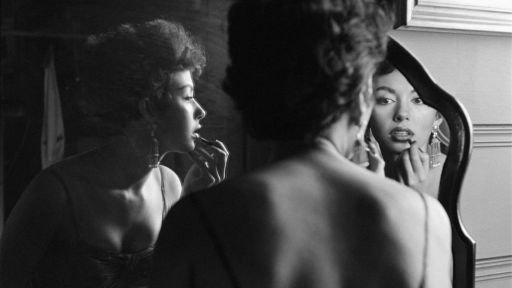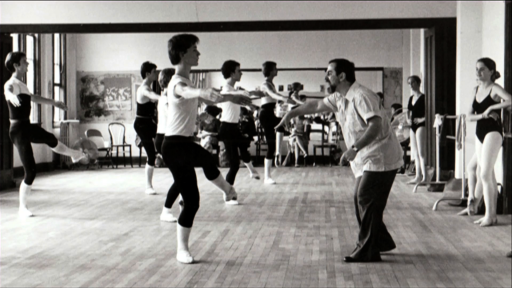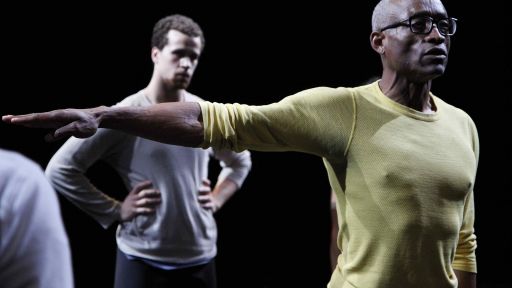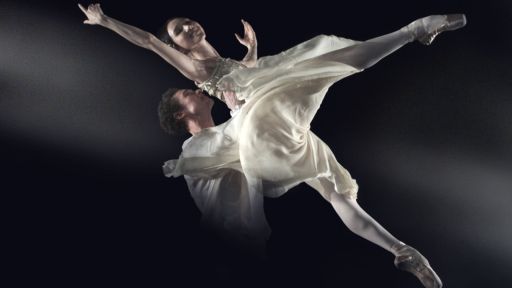In this outtake from “Ailey,” former Ailey dancers recall how Alvin Ailey worked hard to raise money for the company. There was a “burden that was on him to keep us all working and to make sure that [his] dancers [felt] cared for and loved,” recalls Judith Jamison, Ailey dancer (1965-1979) and Artistic Director (1989-2011).
Written Features
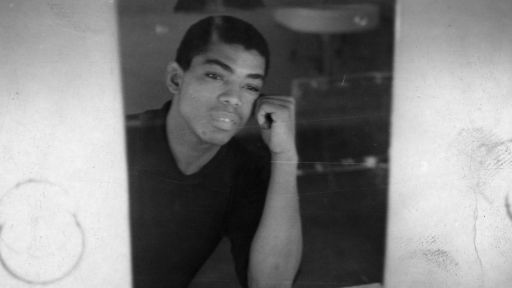
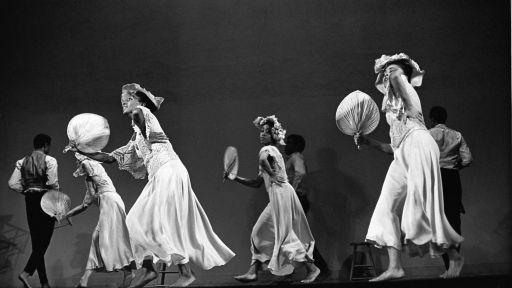
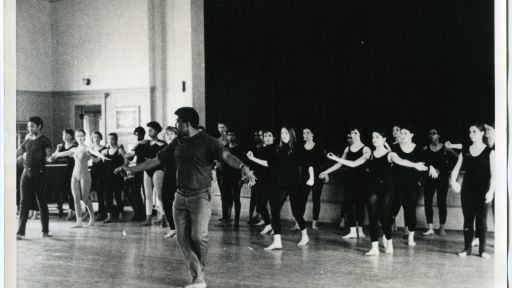
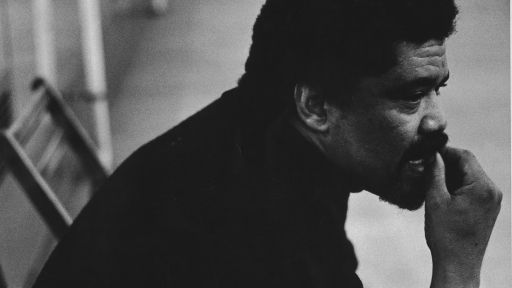

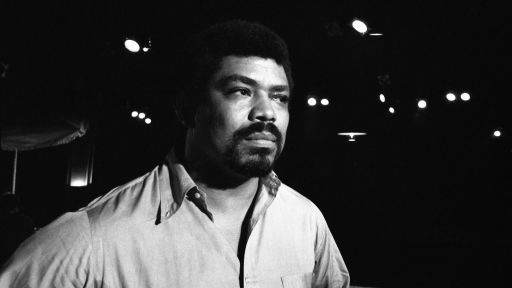
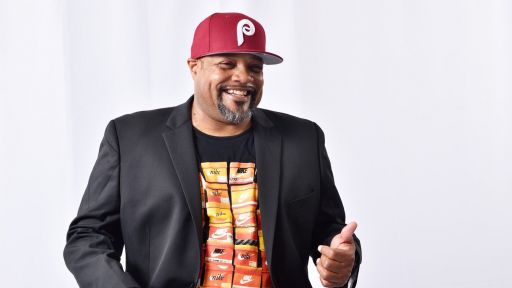
Video Features
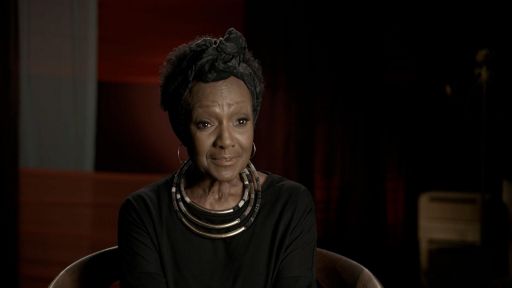
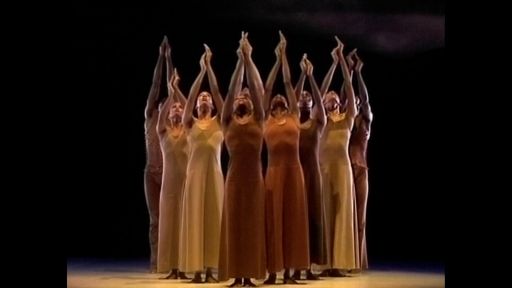
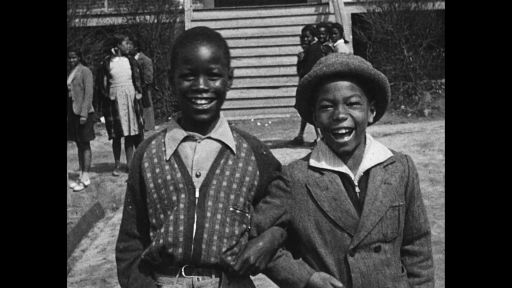
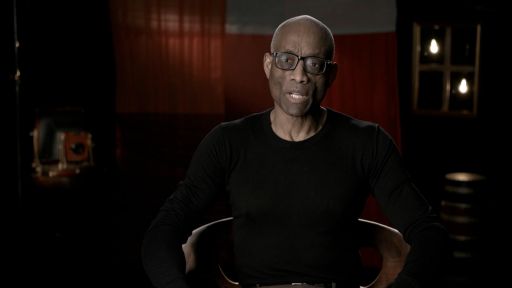
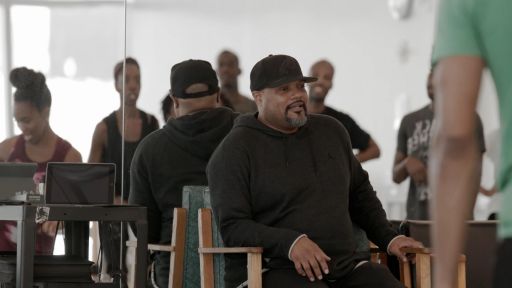
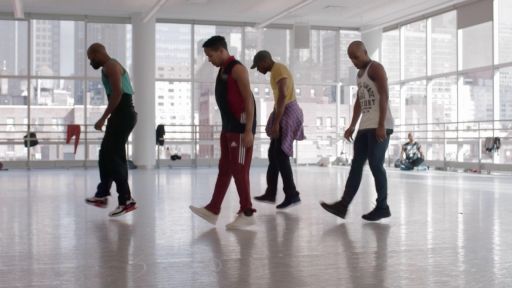
- There was no year-round contract.
It's as the jobs came in and the tours came in.
There was no salary.
- Companies tried to get you work for 20 weeks so you could then collect unemployment.
And we were on unemployment when we were rehearsing.
That's the only way companies existed.
Alvin was not the only company doing that.
- What we would get paid sometimes was in an envelope.
It was a little envelope.
There might be a flower in it, or a complete, or $5 or $25, something really, and a thank you, you know, big thank you.
We loved it, whatever.
But he was trying constantly to raise money.
I lived with Jimmy Truitte and with Alvin Ailey.
He had a cork board over top of the desk with all these pieces of paper tacked, tons of papers tacked.
And they were all where we were supposed to be, or he was doing his own booking.
You know, he was doing everything himself.
Everything that goes with putting the performance on so you sit back in the audience and go, ah.
The burden that was on him to keep us all working and to make sure that your dancers feel cared for and loved.
You have an undying will that comes from your depths to do what you do, or you don't do it.
And that's what he had.
(serene music)
You May Also Like
